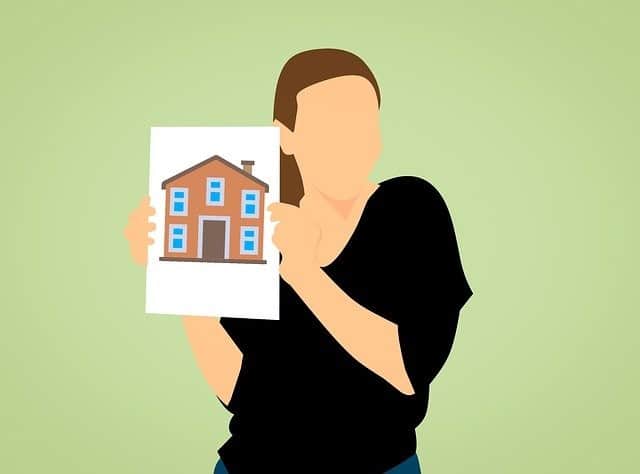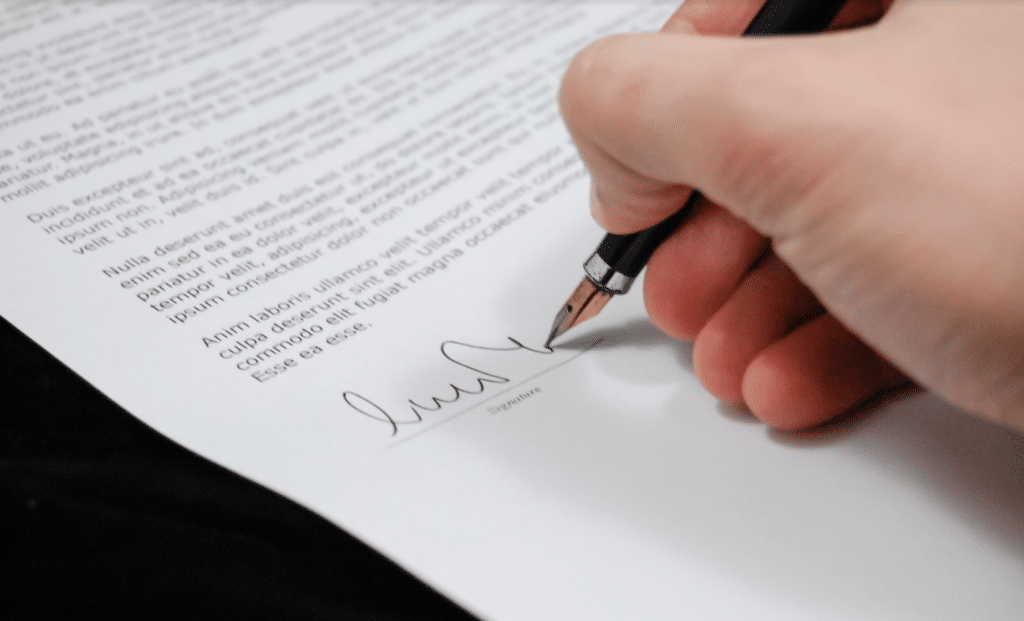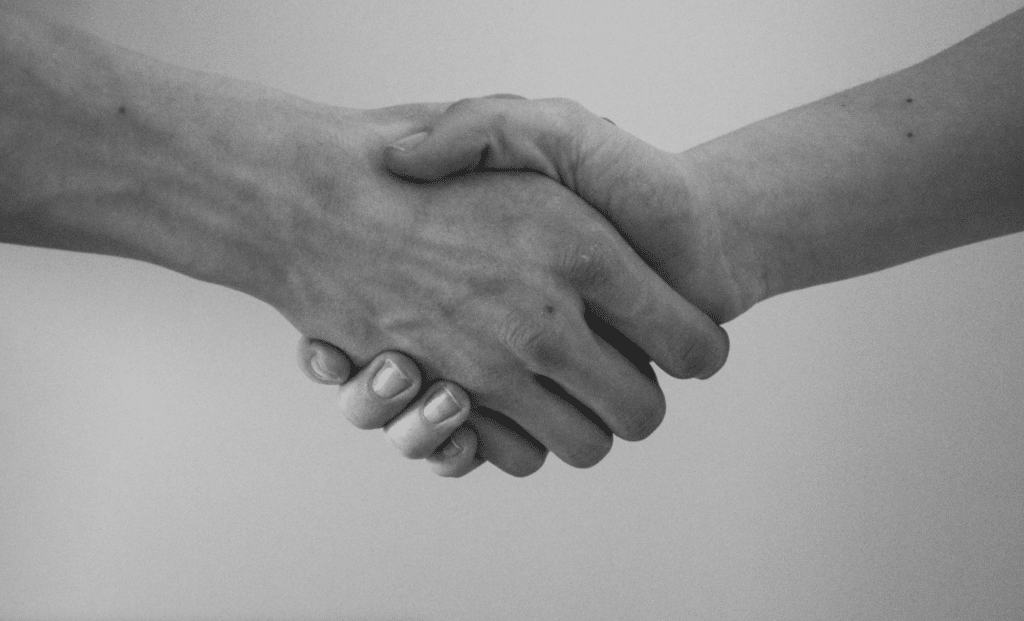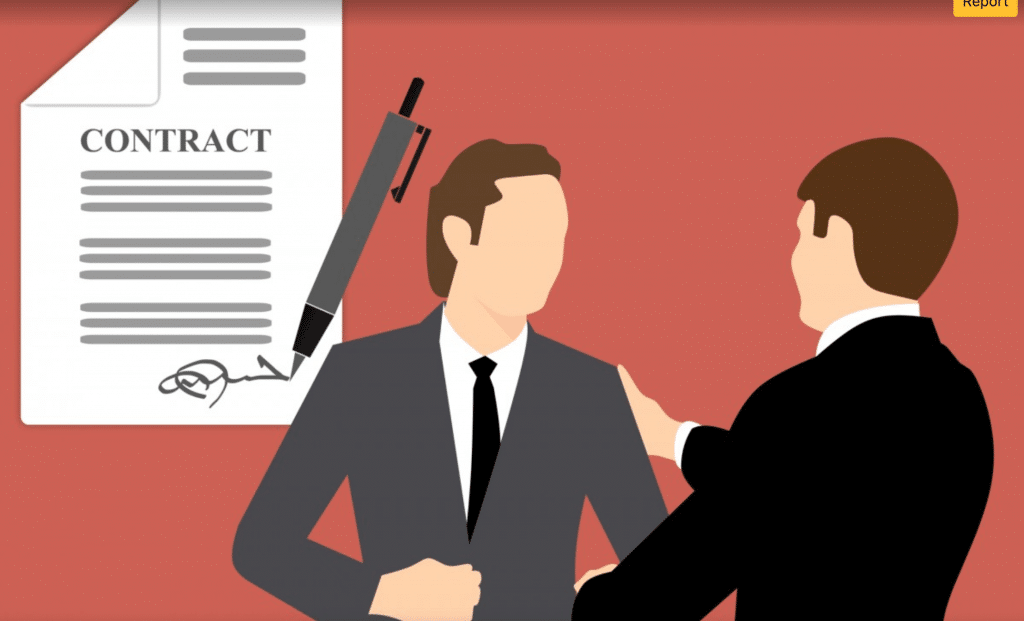If you want to buy a house in Italy there are a lot of steps that you have to take. So I am here to go over all of them with you.
It is good to have the house or a location already in mind so that we can move right into the article…
Here are the 7 steps to buying a house in Italy!

1. Assemble your team
Throughout this process, you will need a few people:
- A realtor
- A notary
- A lawyer
- Mortgage adviser
- Financial adviser
A Realtor
If you do not speak Italian or the seller’s native language, I would recommend getting a realtor who speaks your native language.
The realtor will help you visit houses and help you find a property that fits your preferences. Lastly, they will help you with the overall process of putting in an offer.
A Notary
Your notary is needed at the time you are ready to buy a house. They will help you with any legal documents – including sealing the final deed to your home.
A Lawyer
A lawyer is optional because the notary will do most of the legal work but it is smart to hire a lawyer if you do not have a licensed realtor.
Mortgage & Financial Advisor
If you are worried about any financial issues or the overall mortgage, you may want to consider a mortgage or financial advisor. You can buy a house without the advisors but they are there to help things run a bit smoother.
2. Communicate

Once you have found the house that you want, ask your realtor and notary for the next steps. These two people will help guide you throughout the process. If you have questions, they will be there throughout your journey.
The notary and realtor will walk you through the process before things start. At this time you can ask about any fees that you will be expected to pay in the future. During this process there is a lot to pay for other than your house.
It is always a good idea to be prepared so you can budget these costs.
3. Gather your documents

After finding your house you will negotiate the price. Once a price is agreed upon the seller will give your realtor any necessary documentation for your notary.
The common documents that you will need are the following:
- Atto di provenienza – any ownership titles of the house
- Floor plan of the house
- Visura catastale – cadastral document of the house
- Attestato di prestazione energetica – energy certificate
- Building permits if the house was built after September 1967
- Seller(s) and buyer(s) identification documents: Passports and tax codes (your realtor will provide you with a tax code for free)
There is a possibility that you will need other documents especially if you are surrounded by land. If that land is considered your property there will be extra documents that your realtor and notary will provide.
Your realtor during this process will act as a messenger for your notary to the seller – asking for any necessary documents that the notary needs.
Then your notary will look over the documents to see if there are any issues. They will also explain any unanswered questions that you may have before you sign a purchase proposal or a preliminary contract.
4. The Purchase Proposal

Once all the necessary documents have been provided and signed, the next step is the purchase proposal. A purchase proposal is a contract where the realtor communicates in writing to the seller that you intend to buy the property at a certain price within a certain amount of time.
This is not binding until both parties have signed it. If you were dealing with parties that speak different languages it is smart to have this proposal written in both the native language of the buyer and seller. As the buyer, you can request this from your realtor so that there are no miscommunication issues.
This proposal ensures that the seller won’t attempt to sell the property to anyone else up until a certain date. This also gives you time to apply for a mortgage without the risk of losing the house.
The proposal will also require a small deposit so ask before signing the contract
5. Preliminary agreement

The preliminary agreement is the second step in terms of the purchasing process. Once you have your verbal or written offer accepted you can complete a satisfaction survey.
The preliminary process can be written by your realtor in two languages if needed and it discusses the price and all the things necessary to purchase the house.
You will sign this agreement when you have a mortgage set and have gone over what is included in the home, such as furnishing and fixtures. Once all parties have signed this agreement, it becomes a binding document that is followed by a down payment of 10% of the total price of the property.
When the deposit is paid your realtor has to register it at the local tax office according to Italian law. If you, the buyer, decides to back out of the deal you will lose your deposit to the seller.
6. Final Deed

Once the preliminary agreement has been signed and the deposit is paid – the notary will write the final deed. This is the last step in the purchasing process.
It is highly recommended that your notary speaks your native language. This will help you communicate and ask any questions if needed throughout the whole process and you don’t need to hire an interpreter.
If there’s anything within the deed that you are confused about, have the notary explain what certain sections mean so that it is clear. Since this is a formal and legal document it will sound professional and can be a bit confusing.
7. Taxes
Besides making the actual purchase of the house and setting up your payment plan you may have to pay extra taxes or fees. Some common taxes that you will have to pay will include the following:
- Imposta ipotecaria – land registry tax
- Imposta catastale – cadastral tax
- Imposta di registro – registration tax or stamp duty tax
If there are any extra fees that you have to pay, you will most likely be notified of this earlier in the process. To be prepared, always check with your notary and your realtor to make sure what you need to pay for.
Conclusion
Hopefully, these steps on how to buy a house in Italy were clear to you. You will be informed of any specific steps by your notary and realtor throughout the whole process so keep in constant communication and find someone that speaks your native language.





